Released in 1987, The Running Man is one of the many sci-fi action movies of its decade that opened with an ominous title crawl describing a dystopian future. The film takes place in a recognizable not-so-distant future where the government controls all knowledge, and being in love or petting a dog is illegal. The movie's plot revolves around a live-broadcast game show called The Running Man, where convicted criminals attempt to escape a group of professional assassins called stalkers by navigating a series of themed arenas.
The Running Man, starring Arnold Schwarzenegger, was a fairly conventional and often-repetitive romp that combined elements of Wrestlemania and The Most Dangerous Game. The film's success can be attributed to its ability to tap into the public's fascination with the darker aspects of human nature, as well as its commentary on the dangers of totalitarian regimes. According to film critic, Peter Travers, "The Running Man was a product of its time, reflecting the anxieties and fears of the late 1980s."
The film's portrayal of a dystopian future, where the government exercises total control over citizens' lives, has been interpreted as a commentary on the excesses of the Reagan era. The movie's depiction of a society where people are forced to conform to a narrow set of norms, and where individual freedom is severely curtailed, resonated with audiences who were growing increasingly disillusioned with the politics of the time. As film historian, J.P. Telotte, noted, "The Running Man was a warning about the dangers of a society that values entertainment over substance, and where the pursuit of pleasure is prioritized over the pursuit of truth."
The Running Man's impact on popular culture cannot be overstated. The film's influence can be seen in later movies and TV shows, such as The Hunger Games and Battle Royale, which also feature dystopian game shows as a central plot device. The film's themes of rebellion and resistance against an oppressive regime have also been echoed in later works of science fiction. As Schwarzenegger himself noted in a 2012 interview, "The Running Man was a film that tapped into the public's desire for escapism, but also reflected the anxieties and fears of the time."
Today, The Running Man remains a cult classic, with a dedicated fan base and a reputation as one of the most influential sci-fi action movies of the 1980s. While its portrayal of a dystopian future may seem dated to some, its commentary on the dangers of totalitarianism and the importance of individual freedom remains as relevant today as it was when the film was first released.
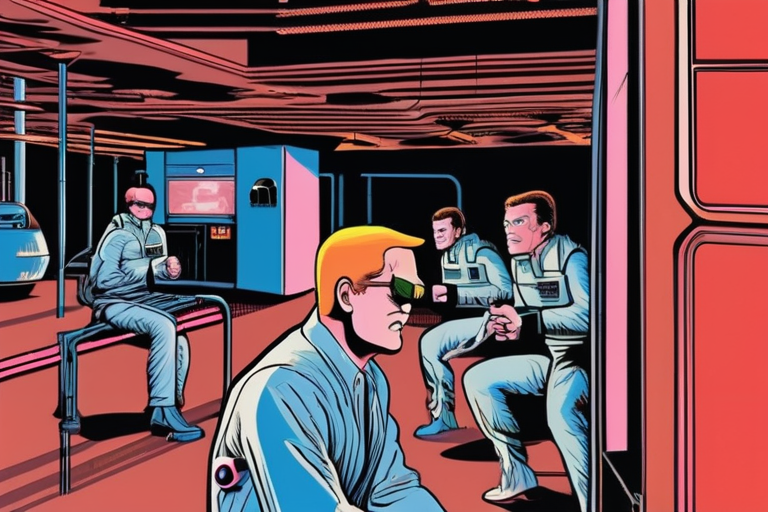


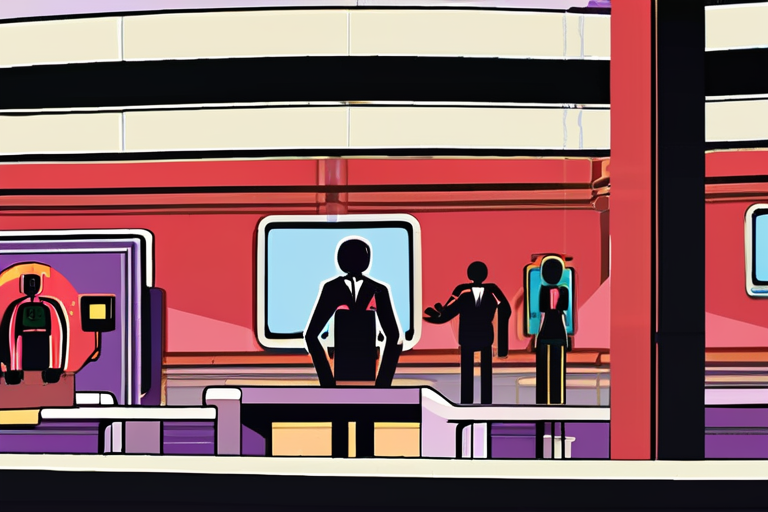



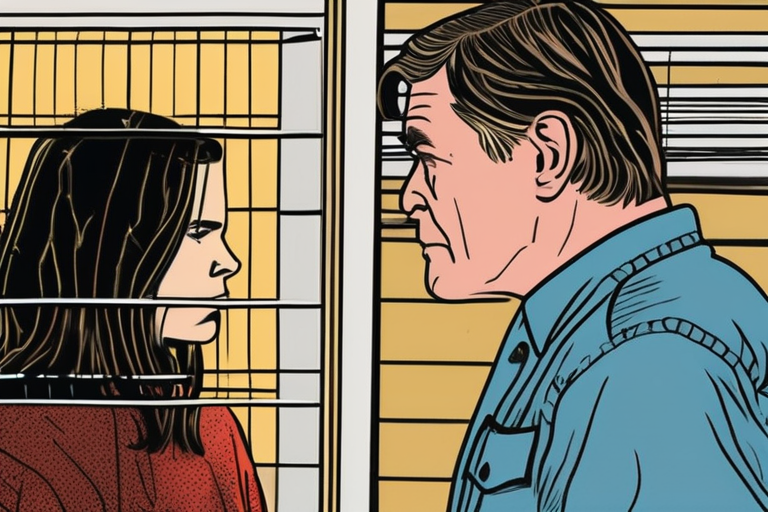
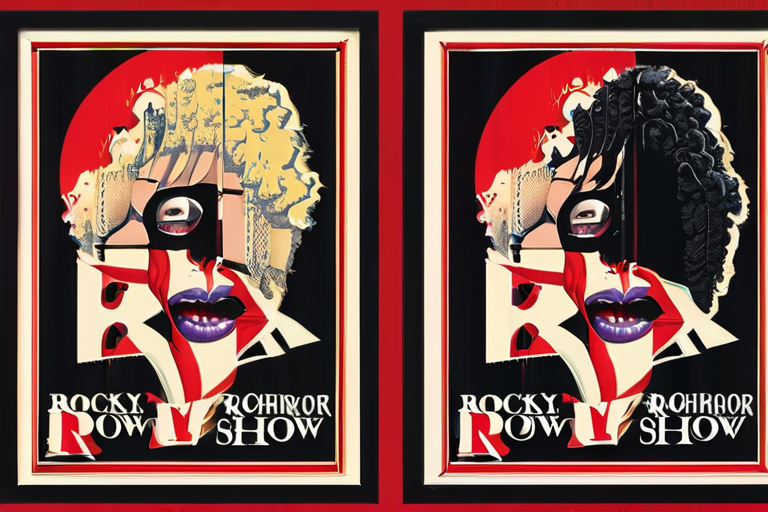






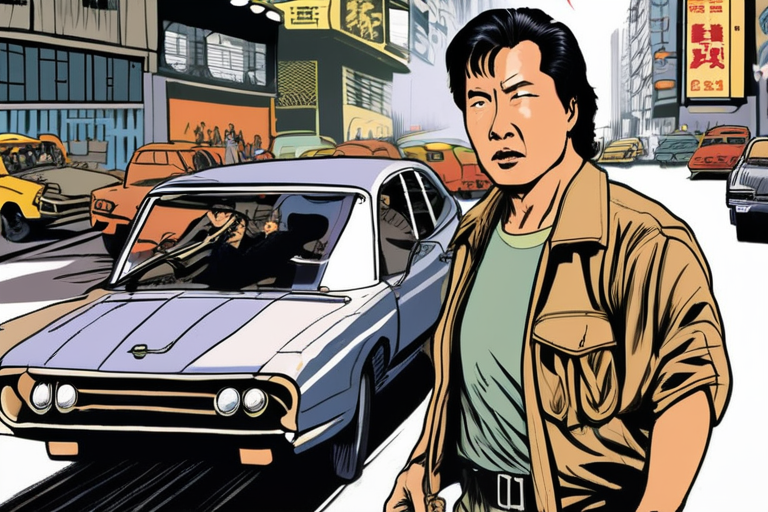











Share & Engage Share
Share this article